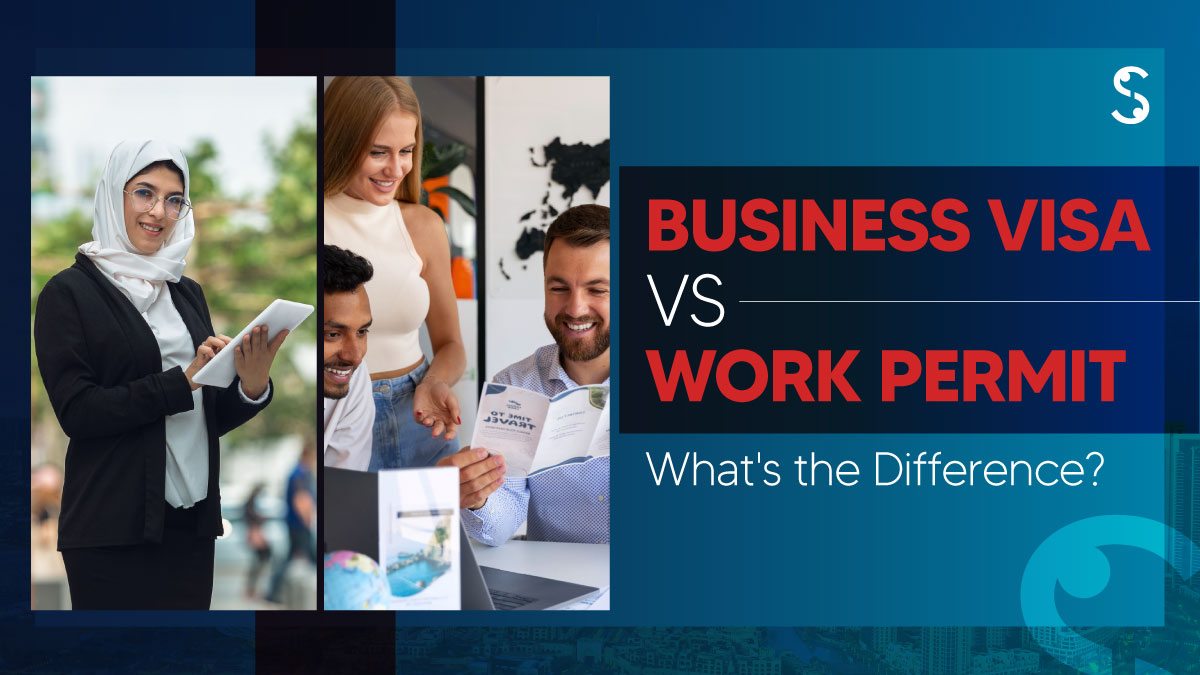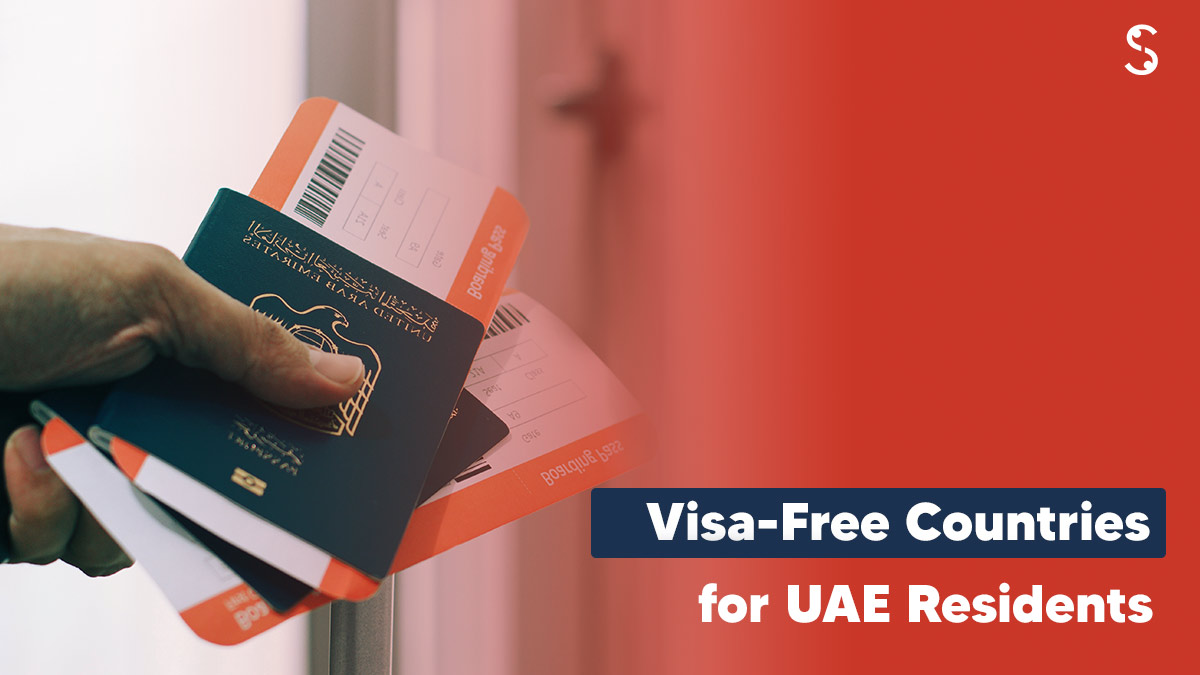Business Visa vs Work Permit: What’s the Difference?
When considering working or conducting business in the UAE, two primary options are a Business Visa vs Work Permit. While they may appear similar, they serve distinct purposes and cater to different professional goals. The Business visa in Dubai is designed for entrepreneurs, investors, and business owners who wish to operate a company or manage […]








